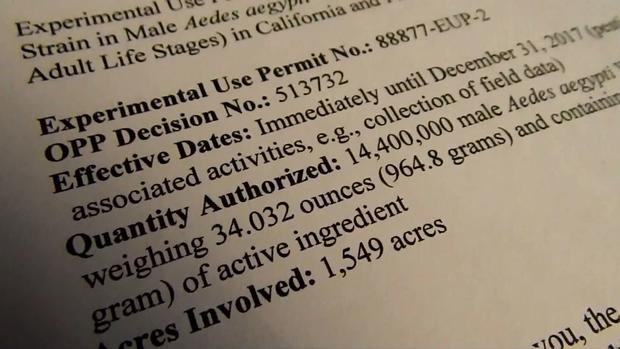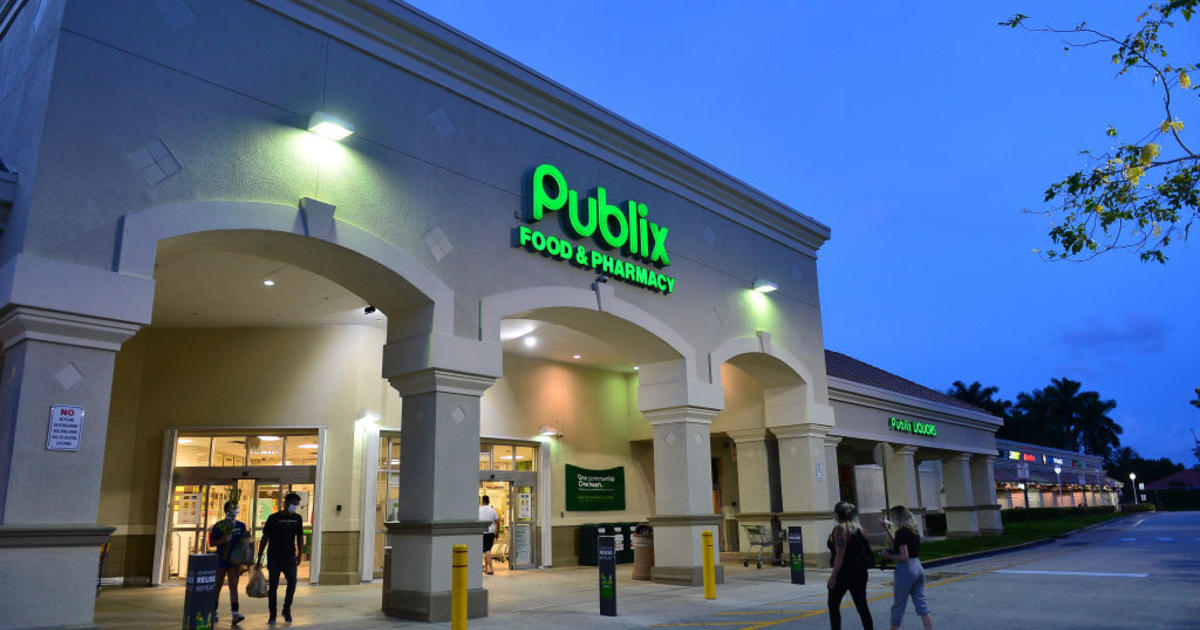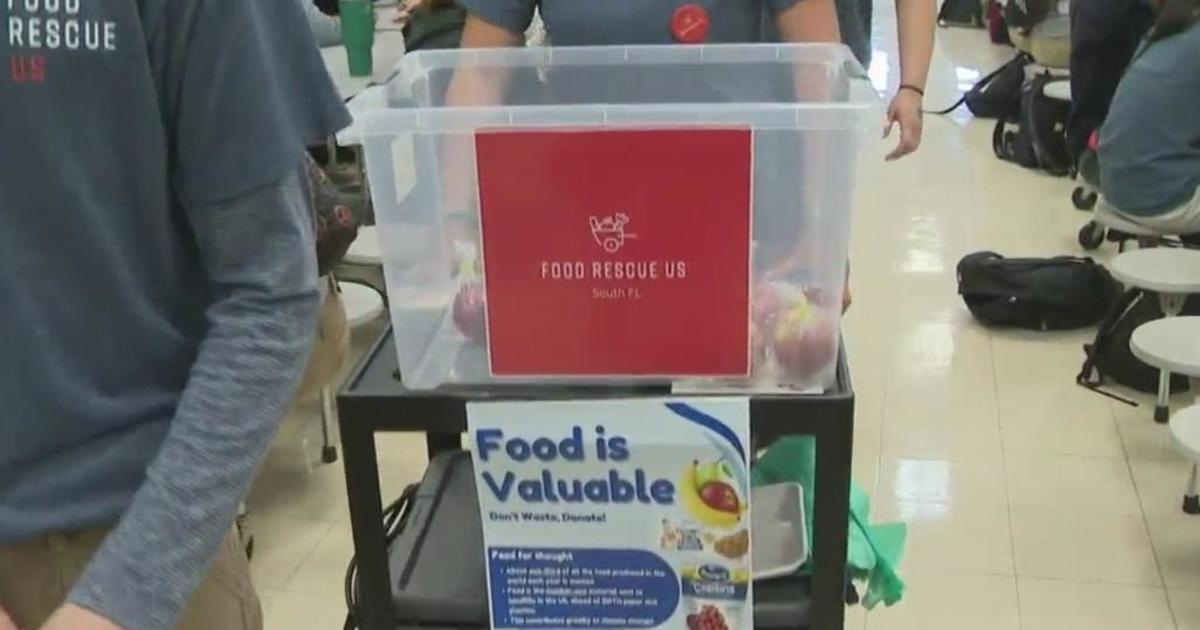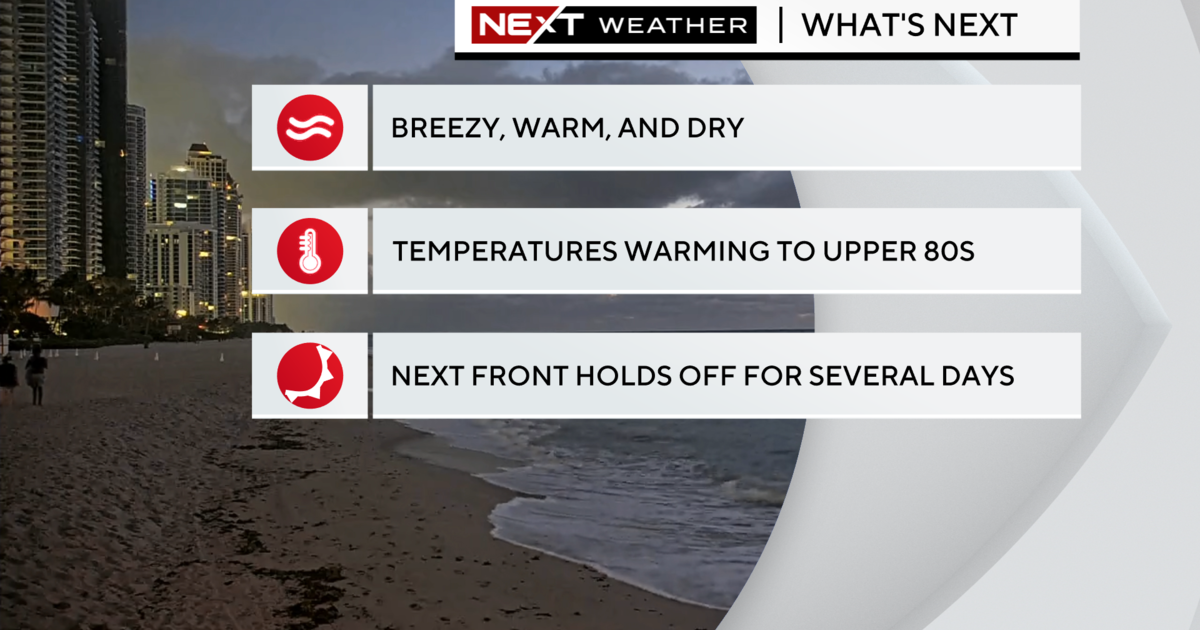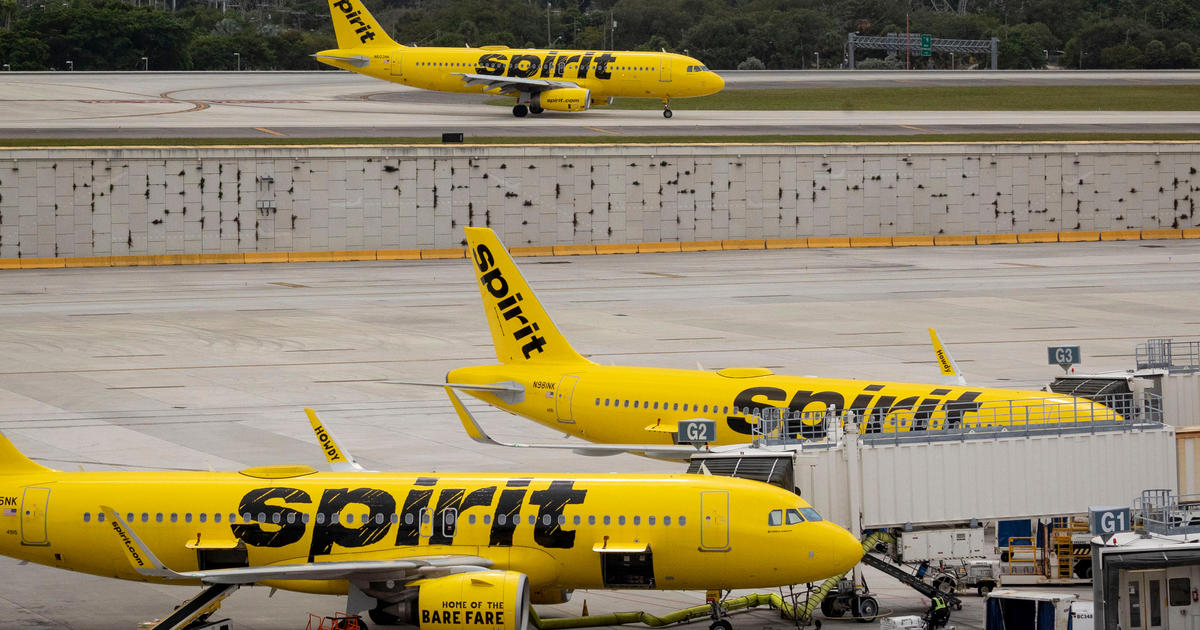Exclusive: New Arsenal & Options In Fight Vs. Zika? EPA Clears Hurdle
Follow CBSMIAMI.COM: Facebook | Twitter
MIAMI BEACH (CBSMiami) – From scientists to environmentalists to local leaders, some efforts were underway up until early morning hours to try and stop Friday's aerial spraying of Naled off the coast of Miami Beach.
These efforts were fueled by breaking developments at the U.S. Environmental Protection Agency which are welcomed by opponents of spraying as a potential alternative or addition in the arsenal against the Zika virus.
Chief Investigator Michele Gillen has this exclusive report.
"Thank you EPA," that is the message exclusively shared by Barry Wray, the executive director of the Florida Keys Environmental Coalition, reviewing an experimental use permit granted in efforts around the country triggered by concerns over Zika and Dengue fever and fast-tracking one such option.
"What we are trying to get across is the fact that we have a technology that is probably available for officials here to request," says Wray.
Trials are already underway, including in California, for the so called Wolbachia-infected mosquito. It carries a bacteria that ultimately makes sterile Zika-carrying mosquitoes. But supporters say it is not genetically modified, and claim it's safer and more effective.
"It is so non-concerning that it is allowed to be used on endangered species and their habitats," added Wray.
The potential option is embraced by Miami Beach Commissioner Michael Grieco, who adamantly opposed aerial spraying – urging politicians across the state to find and consider other options.
"I think it was a poor decision. We still have a chance to stop it. A little bit of toothpaste is out of the tube but we can stop this, there are other options," he said.
Gillen raised the possible option of the Wolbachia-infected mosquito with Miami-Dade Mayor Carlos Gimenez.
"This new product, Wolbachia, is apparently very close to being approved by the EPA. We will use it according to the CDC and the guidelines, and if it is called for, we will use it," the mayor told Gillen.
Meanwhile, another aerial spraying of Naled along a portion of the Miami Beach coast is slated for Sunday, just adjacent to areas we reported on is home to turtle nesting which is currently underway.
While the Florida Department of Health press release says Naled was not banned in the EU, that is not what the EU Commission on such issues revealed to Gillen in an email Friday that made clear, "Naled is indeed banned in the EU since the 1st of November, 2012."
Aikaterini Apostola, press officer for Health and Food Safety, European Commission, expanded, "The use of the substance to kill mosquitoes for public health purpose is with the scope of the biocides legislation (not plant protection), and the non-approval decision was decided after the evaluation that showed unacceptable risks on the uses presented in the dossier (the assessment report is publicly available here on CIRCABC: Naled-PT18.)
"Every shred of evidence shows that it was banned in the European Union, and this was done consciously and it was down because of the risk to humans and risk to the environment," says Commissioner Grieco.
